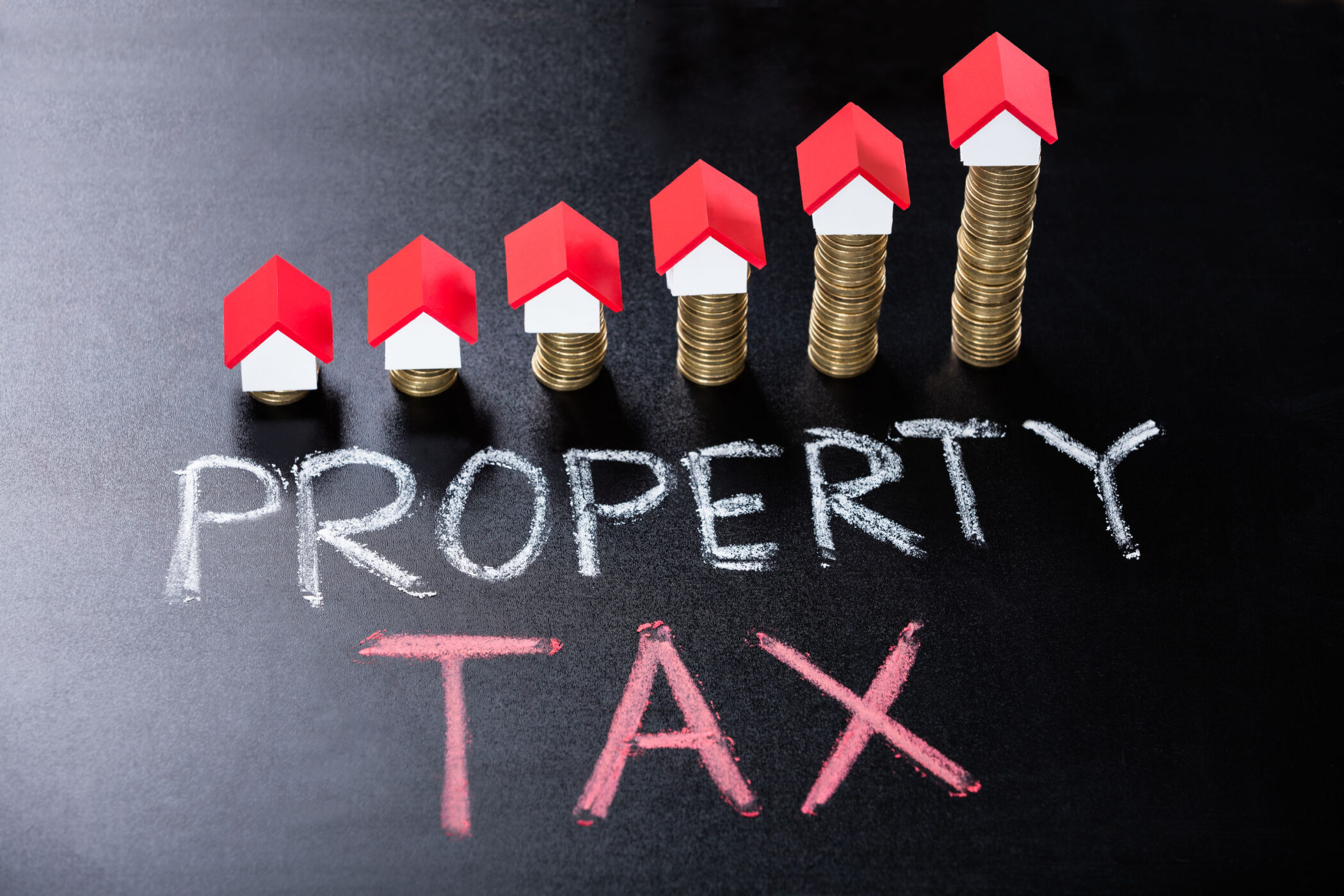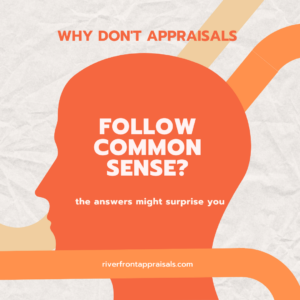
FAQ #19: What Are Some Of The Craziest Things You’ve Heard As An Appraiser?
I feel like we all need a laugh. How about

It’s reassessment season for most folks in our area.
Homeowners all across Southwestern Indiana and Western Kentucky where we appraise have recently been the unfortunate recipients of a reassessment letter from the local PVA or Tax Assessor. While taxes are part of living in this great Nation (remember what Ben Franklin said?), that doesn’t mean we have to like it. Or just roll over and accept it. Want to know your options? Read on.
If your property value has recently been reassessed, leading to a large increase (I’ve heard some have had bumps upwards of 30%-40%) in property taxes, you might want to consider appealing. It won’t always work, because for some, it’s been years since you’ve been reassessed, and you’re just now being brought up to where you should’ve been five years ago.
But for the rest of us, here’s what I recommend:
What to provide the appraiser
Keep in mind, the appraiser will always be unbiased and independent
Even though I’m giving you tools that you may be able to use to appeal your taxes, at the end of the day, an appraiser – acting as an appraiser – cannot advocate for your cause. We know you want your taxes lowered. That’s a given. So don’t do what some have done and say, “I want a low-ball appraisal!” An appraiser’s greatest asset is their ability to remain independent and unbiased. If the assessor can see this was done, you’ll have a better chance at an appeal. If they can tell the appraiser has gone out and cherry-picked the lowest comps, then you’ve just wasted a few to several hundreds of dollars.
Lastly, if you’re in the Western Kentucky or Southwestern Indiana region and think you might be over-assessed, give us a call for a free consultation to determine if an appraisal on your home might be helpful.
To get started, click here and fill out the form. Someone will be in touch with you soon!

I feel like we all need a laugh. How about

So this may be a slight break from the norm,

Selling your home can be a major financial decision, and
Riverfront Appraisals has been providing comprehensive valuations of residential properties to Western Kentucky and Southwestern Indiana since 2008.